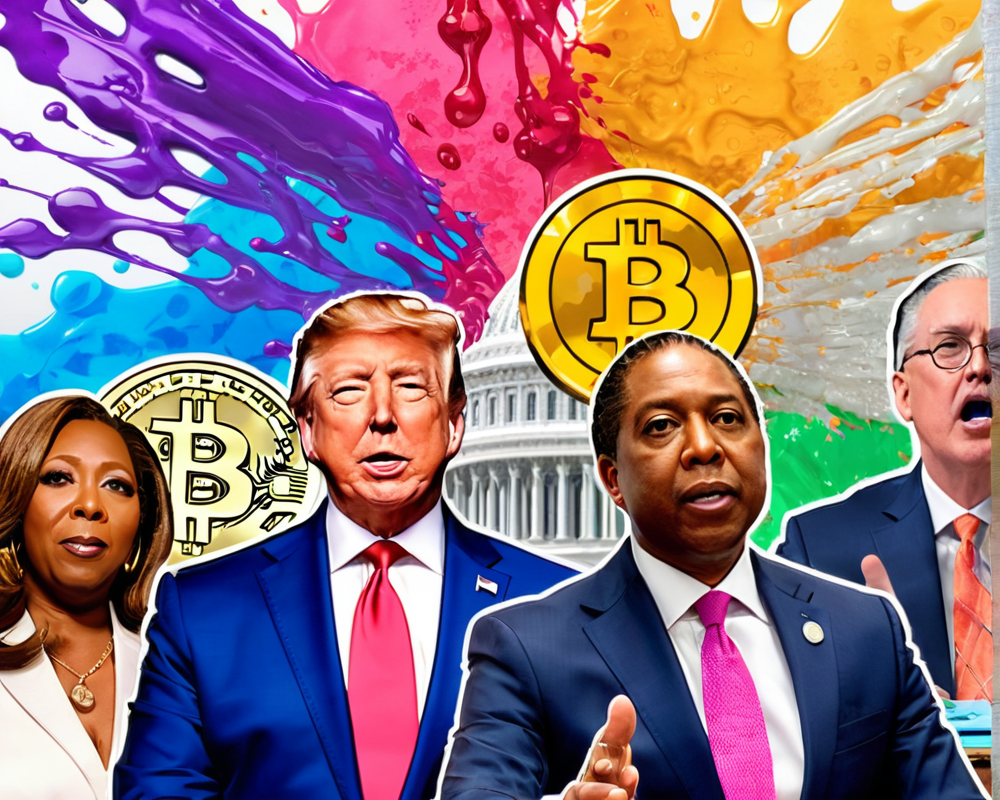The Landscape of Crypto Staking in South Korea
As of mid-February, all eyes are on South Korea as financial authorities decide to investigate the crypto staking services market. Staking, for the uninitiated, involves holding cryptocurrencies in a live wallet to support the operations of a blockchain network in exchange for rewards. Unlike other, more straightforward crypto operations, staking currently sits in a bit of a regulatory limbo.
The Ripple Effect from the SEC and Kraken Deal
The conversation about staking got a jolt of adrenaline after the U.S. Securities and Exchange Commission (SEC) struck a deal with Kraken on February 9. The exchange agreed to a $30 million settlement and subsequently halted its staking program. This move has triggered waves of concern in the crypto community, and South Korean regulators are closely watching the situation. According to an unnamed official who spoke to local journalists, the possibility of repercussions is becoming starkly real.
Regulatory Uncertainty: What Does It Mean for Stakeholders?
So, what’s the problem, you ask? Well, it seems that South Korea might be taking a leaf out of the SEC’s book. As highlighted by J.W. Verret, an associate professor at George Mason Law School, there is an emerging pattern suggesting that regulators have an inclination to limit the growth of crypto by tightening the noose on staking protocols. Think of it as the government’s way of showing they’re not ready to throw a big crypto party just yet.
The Lack of Clear Definitions
Currently, the major sticking point is that South Korean law has not defined crypto staking. Without clear regulatory definitions, stakeholders in the South Korean market are left in a state of confusion—like trying to read a map in the dark. The recent examination could trigger a wave of legislative decisions that could impact how digital assets are viewed and regulated.
Looking Ahead: What Could the Future Hold?
No specifics were provided on what the examination would entail or its timeline, leaving many to guess what might come next. Potential implications might extend to more stringent operational guidelines or even complete bans given the SEC’s earlier actions. Financial Services Commission’s recent guidance on which digital assets are deemed securities in South Korea could be a prelude to tighter regulations.
In Conclusion: A Cautious Approach Is Key
As discussions evolve, one thing is clear: the South Korean crypto community is bracing for change. Whether this change means tightening regulations or a more welcoming stance toward digital investments remains to be seen. While the future of crypto staking hangs in the balance, investors would do well to stay informed and perhaps keep their wallets a touch lighter.



